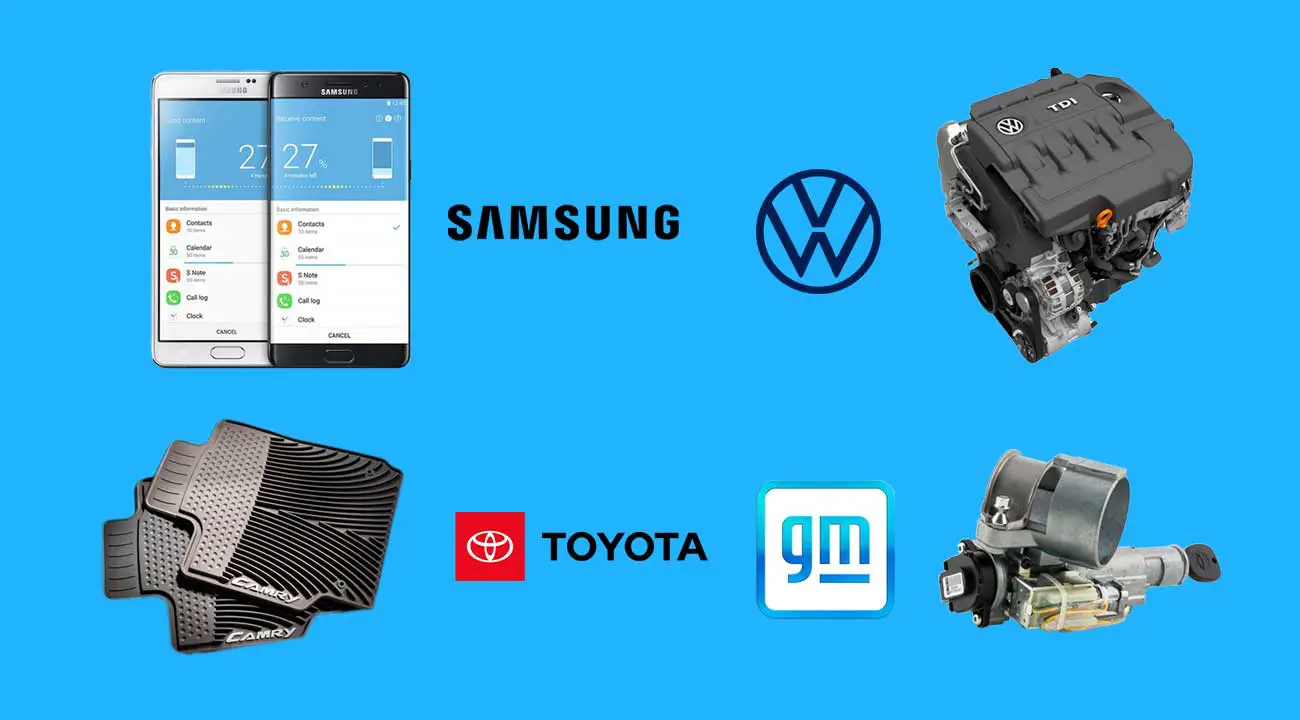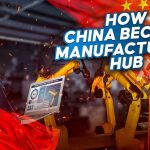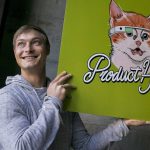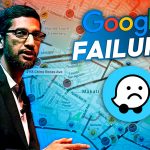Table of Contents
A product recall is a way toward recovering defective and/or potentially harmful products from buyers while providing those customers with some kind of compensation. Recalls on a product generally take place to sustain the assurance regarding the safety concerns over any manufacturing default that may trouble its users. Often the Consumer Product Safety Commission (CPSC) issues Recall in the U.S. as an administrative body; otherwise, it can also be a voluntary act.
What Is A Product Recall?
While the method of Recall can modify over time based on various local laws, a few comprehensive steps can also occur. For instance, if a cat food producer delivers products that could potentially harm the animal, the organization will openly declare the problems of the food and request that its buyers return the product to the firm, or basically dispose of it.
Buyers will normally be given a full discount or a replacement. An advertising effort is regularly made or a PR firm is usually hired to reduce the damage done to the brand. Here we will be discussing the Top 10 major product recalls of all time based on volume. You are going to be overwhelmed by the huge numbers that are heading your way. So buckle up for an interesting read.
All-Time Top 10 Product Recalls
1. Slaughterhouse Snafu – 143 Million Pounds Of Beef
In February 2008 Slaughterhouse Snafu broke the record and became the top major product recall of all time. An accusation fell upon a California slaughterhouse for the inappropriate butchering of dairy cattle that were excessively weak to stroll or butcher.
This issue caught the eye of the Department of Agriculture. It led to the Recall of 143 million pounds of meat afterward. Unfortunately, the public almost consumed a large amount of that meat even before the Recall. It was the biggest meat recall in history and included cattle meat that had been butchered as long as two years earlier, beginning Feb. 1, 2006. 37 million pounds of the recalled hamburger had gone to the National School Lunch Program, quite a bit of which was recognized and taken out. Luckily, no no ailments were at any point announced.
Read also: Can Cultured Meat Disrupt the Food Industry?
2. Taqata Air Sacks 2008 – 100 Million Airbags
Taqata air sacks became second in the top major product recall company list in the year 2008. The Takata recall covers around 100 million inflators among 19 significant automakers around the world. NHTSA says the reason for the inflator blasts that can emanate destructive pieces is fuel separating after long-haul openness to high-temperature vacillations and stickiness.
None of the Recalled vehicle inflators own a drying agent to date. Under a 2015 assent request, Takata needed to give information to U.S. regulators by Dec. 31 about whether a huge number of extra supposed dried-up inflators should be recalled.
Acting NHTSA Administrator James Owens disclosed to Reuters the office was surveying information on the parched inflators and conversing with automakers. The recall is still ongoing and is expected to end in early 2023.
3. J&J 1982 – 31 Million
In 1982, for the relaunch and recall of Tylenol, Johnson, and Johnson (J&J) had to spend over $100 million. Besides, the recall of 1986 was quite reasonable. But along with another relaunch, it additionally cost J&J millions of dollars. Be that as it may, J&J’s investors were harmed just momentarily.
In 1982, the stock, which had been trading close to a 52-week high not long before the tragedy, quickly fell in panic selling yet returned to its highs just two months after the event. Financial backers have had little to whine about from that point forward.
In the event that you had put $1,000 in Johnson and Johnson shares on September 28, 1982, not long before the first Tylenol scene, you would have $22,062 today, after four stock splits. The organization has delivered paying a healthy sum of dividends for 39 years now.
4. GM 2014 – 30.4 Million Cars
General Motors faced considerable backlash in 2014 over its management of a flawed start switch in a part of the vehicles it produced — an issue that led to 13 deaths. In the initial three months of 2014, GM recalled 2.6 million vehicles because of the failure of the ignition switch, which caused 97 deaths since 2005.
The broken switches could coincidentally stop motors and airbags during driving. Recalled models included Saturn Ions and Chevrolet Cobalts. More terrible actually, proof has arisen that GM at least knew about it since 2003 — because it would have been excessively expensive to fix the problem
5. Mercks Vioxx 1999 – 20 Million Devoured $4.5 Billion Loss
On Sept. 30, 2004, drug goliath Merck declared that it would willfully recall its overall supply of Vioxx, a painkiller drug that had gotten $2.5 billion in deals the earlier year. Merck’s heads said the recall was a prudent step prodded by an examination that discovered patients who took the medication for at least one and half a year resulted in more heart failures and strokes. In 2007, Merck paid $4.85 billion to settle 27,000 claims from individuals affected by injuries or death related to the medication.
6. Volkswagen 2015 – 11 Million Cars
It’s been named the “diesel dupe”. In September, a software or “defeat device” integrated within the diesel motors of VW vehicles in America could distinguish when it is being tested, changing the performance appropriately to improve results. The German vehicle behemoth has since conceded cheating tests in the US.
VW has had a significant push to sell diesel vehicles in the US, supported by a colossal advertising effort trumpeting its vehicles’ low carbon emissions. The EPA’s discoveries included 482,000 vehicles in the US in particular, including the VW-produced Audi A3 along with the VW models Passat, Golf, Beetle, and Jetta.
In any case, VW has admitted that around 11 million vehicles around the world, along with 8 million in Europe, were outfitted with the reputed “defeat device”.
7. Firestone 2000 – 6.5 Million Tires
Bridgestone Corp. Wednesday recalled 6.5 million of its Firestone-brand tires – the second-biggest tire recall in U.S. history – in light of complaints that the tires might be connected to lethal accidents including sport utility vehicles.
The move comes in the midst of extraordinarily pressing factors from significant tire retailers, safety advocates, and government regulators to pull the tires from the market because of reports that the tires might be connected to over 46 deaths and many accidents. It represents the danger of millions of dollars in expenses and lost deals for the organization.
8. Samsung note 7 2016 – 2.5 Million Phones
Perhaps the most famous product recall was the Galaxy Note 7, which is a flagship series by Samsung. Historically this device brought much fame, accolades, and revenue to the firm. Until the release of its Galaxy Note 7.
Because of faulty batteries, mobile phones kept exploding. Finally, Samsung was forced to recall the devices, which were thought to have cost $5.3bn and were tremendously harmful to the South Korean company’s brand image.
Released in August 2016, Samsung’s Note 7 device was advertised as a huge screen top-end gadget and situated as a rival to Apple’s iPhone. However, in September, Samsung needed to recall about 2.5 million mobile phones after protests of overheating and exploding batteries.
9. Toyota 2011 – 1 Million Vehicles Recalled
On February 25, 2011, Toyota declared a recall of another 2.2 million vehicles for pedal entrapment, apparently a replication of its prior 3.8 million recall in October 2009 for related issues. Both were intended to address unintended speed increases.
From November 2009 through February 2011, According to Automotive News, the U.S. car industry exchange diary, estimates that some 20.5 million Toyota vehicles have been recalled around the world, of which North America represents 14.5 million. These recalls incurred huge monetary and reputational costs.
10. Infantino’s Baby Slings – 1 Million
About 1 million Infantino SlingRider and Wendy Bellissimo child slings were recalled on March 24, 2010, after they were connected to three baby deaths. The recall followed the Consumer Product Safety Commission’s warning 14 days earlier that sling-style carriers represent a suffocation risk, particularly in infants under 4 months.
The slings, which hold the child to the mother’s chest, can choke out a child in no time if the fabric presses against its nose or mouth. The Consumer Product Safety Commission said it investigated 14 deaths over the last 20 years to check whether they were related to the slings.










Leave a Comment